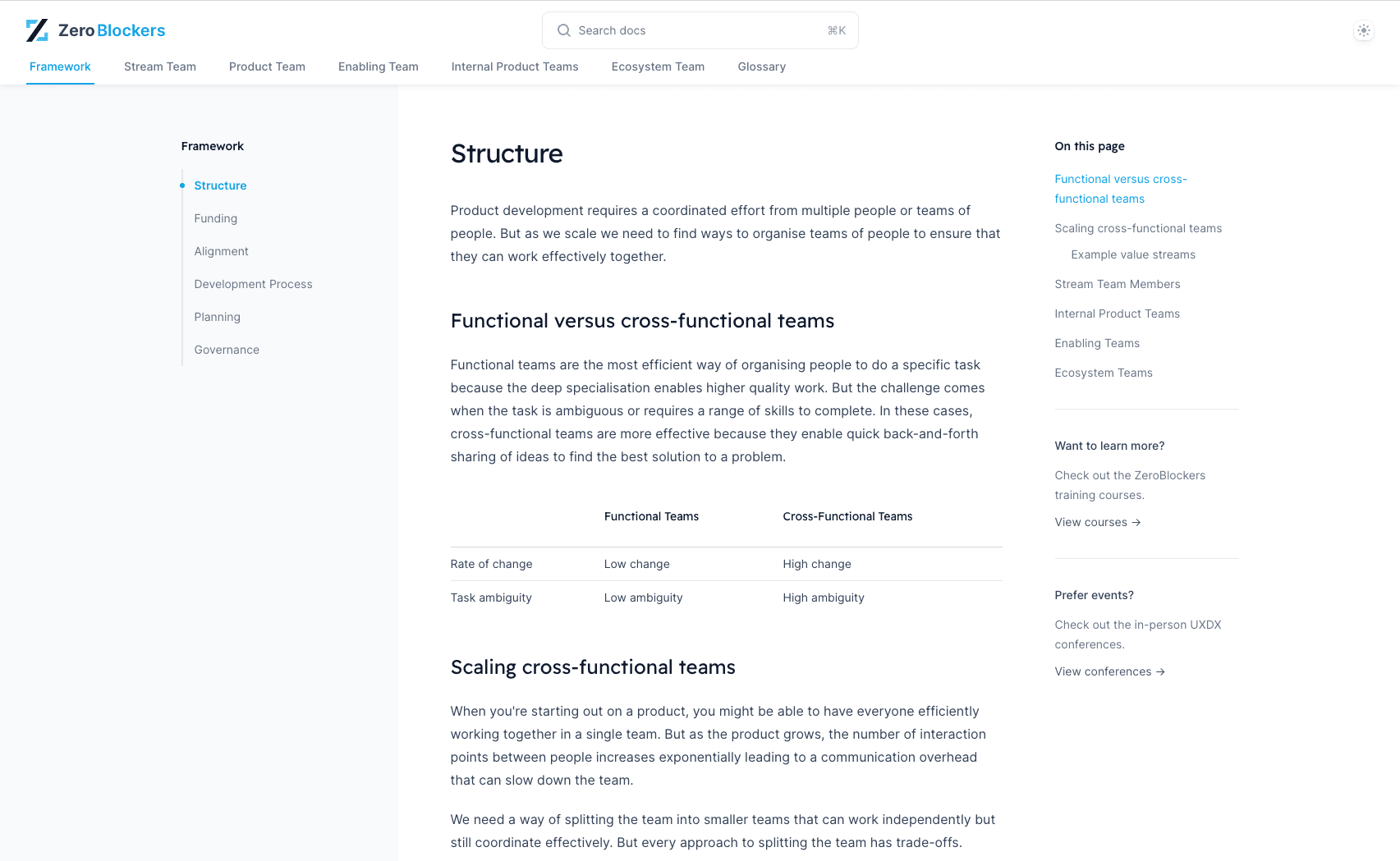Case StudyInternal Product Team: Internal Product Teams - Accelerating Development with a Design System at UnitedHealth Group
UnitedHealthcare, a leading healthcare organization with a complex ecosystem of digital products and global teams, faced significant challenges in maintaining UI consistency and efficiency. The decentralized nature of their teams, working across multiple time zones and environments, often led to fragmented designs, increased technical debt, and slowed down the development process. These issues were further complicated by the need to comply with stringent accessibility standards and ensure a unified user experience across various platforms and devices.

The Solution
UnitedHealthcare developed and implemented the User Interface Management Framework (UI MF), a comprehensive design system designed to unify design and development efforts, promote code reuse, and enhance collaboration across teams.
- Development of UI MF: The UI MF was created as a centralized repository of patterns, components, and style guides, along with built-in accessibility standards and design tools. This repository served as a single source of truth for all teams, ensuring consistency and high quality across all digital products.
- Cross-Functional Collaboration: The framework facilitated collaboration between designers, developers, and product managers, integrating their workflows and ensuring alignment on design principles and implementation strategies.
- Support for Multiple Web Frameworks: UI MF was designed to support various web frameworks such as Angular, React, and Vue, allowing teams to select the best tools for their specific needs while maintaining consistency.
- Automation and Continuous Integration: The framework included pre-configured templates for continuous integration and deployment, as well as automated testing tools to ensure the delivery of high-quality code.
- Accessibility and Quality Assurance: Rigorous accessibility audits and quality checks were integral to the UI MF, ensuring that all components met the required standards and provided an inclusive user experience.
Outcomes achieved
Implementing the UI MF at UnitedHealthcare led to several significant improvements:
- Enhanced Consistency and Quality: The centralized framework ensured uniformity across all digital products, reducing inconsistencies and enhancing overall quality. This consistency improved user experience and strengthened brand identity.
- Increased Efficiency and Speed to Market: The reusable components and templates allowed teams to quickly assemble new features, reducing development time and accelerating time to market. This efficiency enabled UnitedHealthcare to respond more rapidly to market demands and user needs.
- Improved Collaboration and Communication: Integrating design and development processes fostered better collaboration and communication among global teams, reducing misunderstandings and streamlining project workflows.
- High Accessibility Standards: The built-in accessibility audits and standards ensured that all products were inclusive and compliant with relevant regulations, catering to diverse user needs.
- Scalable and Adaptable Framework: The UI MF’s modular structure made it easy to scale and adapt to new projects and technologies, ensuring that the framework remained effective as the organization evolved.
